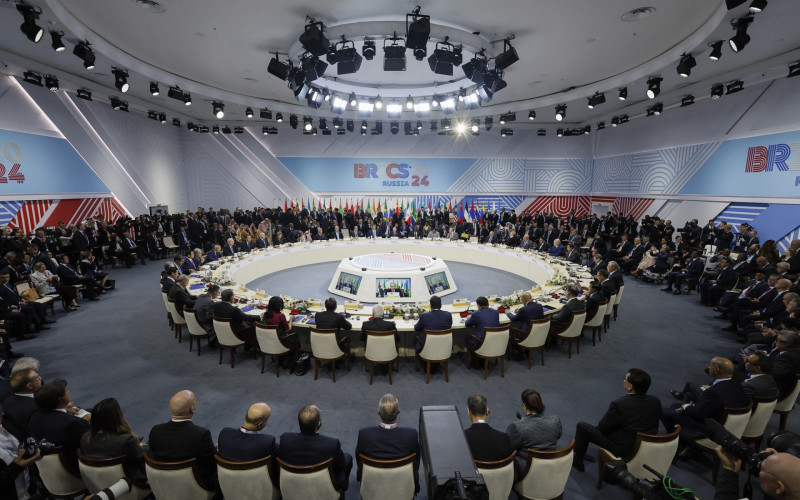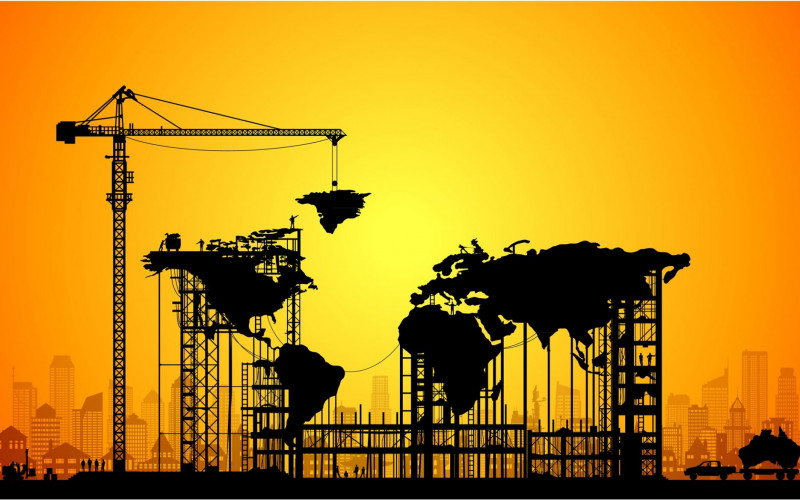Revolutionary technological advances over the past decade provide new opportunities for establishing deeper links between citizens and state institutions. Can they help Africans on their quest for better governance?
For citizens to push for improved accountability and greater transparency, they require access to information, knowledge about policy options, and tools to hold those in power responsible. Increasing rates of cellphone use and internet penetration facilitate access to information and reporting of issues. According to the International Telecommunications Union, a specialised agency of the United Nations, between 2010 and 2015, mobile subscriptions have grown dramatically from 45.4 to 73.5 per 100 people in Africa. At the same time, broadband subscriptions have grown nearly tenfold, from 1.8 per 100 people to 17.4. Approximately 28.6% of Africa’s 1.1 billion population is now able to go online, using their cellphones or computers, as per Internet World Stats. Unreliable and expensive postal and telephonic services are quickly becoming artefacts of the past. Rather than physically reporting an issue or making a complaint to a government department, it is now increasingly possible to do so via the internet: through a website, social media or an app.
Social media in particular has grown exponentially in popularity, especially amongst the youth. The eagerness of this demographic to embrace it for political and social activism has been demonstrated in Tunisia, Libya, and Egypt during the ‘Arab Spring’ Revolution, as well as recent protests at higher education institutions in South Africa, during the #RhodesMustFall and #FeesMustFall campaigns. A growing number of young Kenyans have also taken to social media to raise critical issues in the government sphere, such as the (mis)use of government funds and charges of corruption against government officials. Cheap, readily available consumer technology such as mobile phones and other devices allow for eyewitness accounts of governance malpractices. Mobile phones’ cameras, for example, have been used to record election results posted outside counting stations in Zimbabwe (considerably abridging the possibilities of electoral fraud by centralised vote counting authorities).
Citizen activism has also been built around more complex, custom-designed systems. Kenya’s Ushahidi, an open-source software system using Google Maps, used geo-tagging (identification of where users are geographically) to report incidents of voting irregularities and political violence in the country during the 2008-2009 crisis. Ushahidi was able identify outbreaks of violence more quickly, and captured more incidents than the traditional media.
The dialogue facilitated by technology is not a one-way street. Some African governments are also starting to use technology to talk to citizens. Morocco has established online forums, which allow the general public to make suggestions on electronic government services, provide ideas for simplifying administrative tasks and give input on improving administrative matters. It is also possible to comment on draft laws and decrees. In Kenya, the government is another technology pioneer. It partnered with cellphone service provider Safaricom to launch Kipokezi, which provides online chatting and email on previous-generation, non-smart phones. Within the e-government framework, this facilitates dialogue between authorities and citizens, especially those in remote areas who might not have access to the latest smartphones.
Yet technology is a neutral tool and can be used for positive and negative means, openness as well as control. In Ethiopia activists have been jailed for Facebook posts deemed ‘radical blogging’. Such behaviour is not exclusive to the continent’s authoritarian regimes. The draft Online Regulation Policy in generally open South Africa could, if enacted, allow for sweeping curtailment of online content.
There are also limits to what technology can achieve. The term ‘slacktivism’ (actions performed online in support of a cause that require little effort) recently entered the Oxford Dictionary. Social media often becomes an easy and meaningless way to participate in a campaign. Twitter hashtags, such as #BringBackOurGirls – demanding the return of the schoolgirls kidnapped in Chibok, Nigeria by Boko Haram in 2014 – are effective at raising awareness around an issue, but not at necessarily solving it.
The e-governance realm is still in its nascent stages – in Africa and globally. In most instances it is used for reporting and mobilisation. But it also offers much untapped potential at improving accountability and governance. So after reporting an incident, it should be possible to hold governments to account by tracking whether the identified problem has been resolved.
As demonstrated by the African Peer Review Mechanism (APRM) Country Review Reports from Southern Africa (Lesotho, Mauritius, Mozambique, South Africa and Zambia), citizens frequently feel disconnected from politics. Technology can change that. Attempts to hold authorities accountable define active citizenship and a willingness to become politically involved in the interests of the broader community and state. As technology evolves, citizens need to grasp fully the opportunity offered by technological innovation to assert a demand for better governance and open societies.








